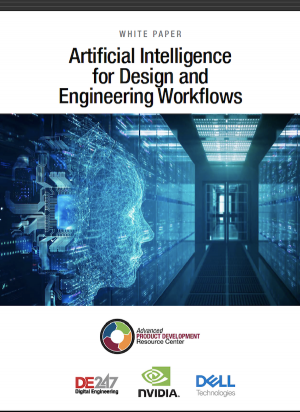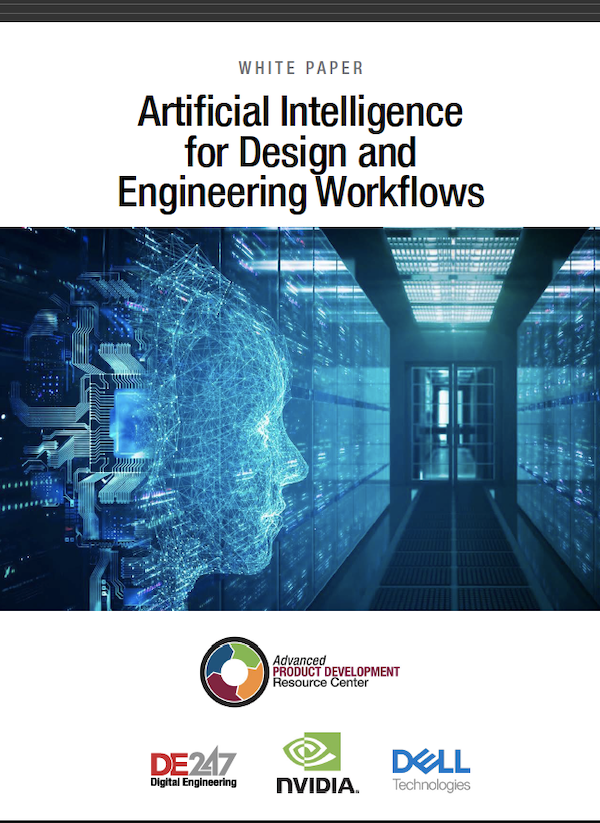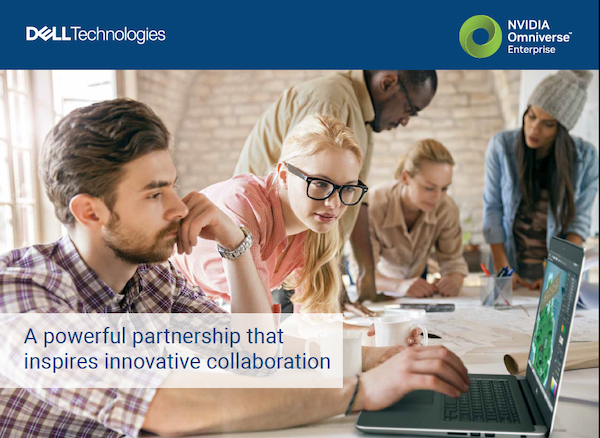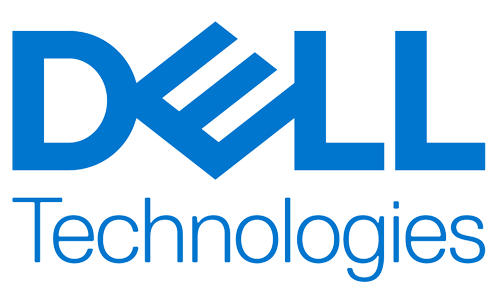
NVIDIA CEO Jensen Huang announces the launch of Alliance for OpenUSD (AOUSD) at SIGGRAPH 2023. Image courtesy of NVIDIA.
Latest News
November 10, 2023
When the animation house Pixar published USD (Universal Scene Description) as an open-source format in 2016, it probably didn’t anticipate it would one day give users new ways to connect data in digital twins. In the press release from Pixar at the time, Ed Catmull, President, Pixar and Walt Disney Animation Studios, said, “We believe that being open with our technology and sharing it with our peers in the industry is how we can best continue to drive innovation. It’s in that spirit that we’re happy to be opening up USD.”
The launch of the Alliance for OpenUSD (AOUSD) this year, announced by NVIDIA CEO Jensen Huang at the annual graphics conference SIGGRAPH, marked USD’s expansion beyond the entertainment space. With Autodesk and NVIDIA as two founding members of the alliance, the OpenUSD format is poised to become an important aspect of engineering and simulation workflows. And Autodesk is expected to play a crucial role to help proliferate the format in the CAD community.
From Entertainment to Engineering
When Pixar released USD as open source, Marc Stevens, who at the time was Vice President of Film & Television, Autodesk, commented, “We are committed to working with Pixar to make USD the platform-independent scene representation of choice for Maya artists.”
Programs like Autodesk 3ds Max, Autodesk Maya, Autodesk Arnold, and Bifrost target the entertainment sector, so they were the first batch to embrace USD. According to Gordon Bradley, Fellow, Media & Entertainment, Autodesk, these packages represent “the most mature USD support” in the Autodesk portfolio.
“These integrations support a huge degree of control and flexibility on how USD is imported, exported, and also brought natively into the applications for direct editing. These integrations have been built as open-source plugins, so studios can extend, contribute, and customize them as needed,” he explained.
That support now seeps into engineering, starting with Autodesk Fusion. Bradley said, “Fusion now has usdz export. We’re really looking forward to seeing how customers can start using this in their workflows, and where they’d like to see it go next.”
NVIDIA developed its NVIDIA Omniverse™ to be USD-native, allowing users to unify their CAD pipelines and develop advanced real-time 3D applications that allow them to, for example, visualize, review, and simulate their products and facilities in full design context and fidelity much earlier in the product development process.
Manufacturing titan and product lifecycle management (PLM) software maker Siemens has struck a partnership with NVIDIA to enable the industrial metaverse, the two announced in June 2022. One of their goals was to “connect NVIDIA Omniverse and Siemens Xcelerator platforms to enable full-fidelity digital twins and connect software-defined AI systems from edge to cloud.”
Data transfer between CAD and USD can be achieved in any desired quality if the CAD data is provided in a non tessellated form. But Autodesk’s involvement opens doors to better options.
Guy Martin, Director of Open Source & Standards, NVIDIA, said, “USD has mechanisms to reference many kinds of data (including CAD data). But we want to have that data referenced in a consistent way within USD. So, it’s critical that CAD tooling developers are intimately involved in defining future schemas for that data so that it can be consistently and easily shared within the USD ecosystem.”
Reshaping OpenUSD for Digital Twins
In his keynote at SIGGRAPH, NVIDIA CEO Huang called OpenUSD “a game changer.” He noted, “OpenUSD is going to bring together the world onto one standard 3D interchange. It has the opportunity to do for the world and for computing what HTML did for the 2D Web.”
While proprietary formats are protected by their owners, open formats like USD allow input from different players, including rival software developers. As new industries adopt an open format, influential players in the sectors also get the chance to enrich the format to serve new purposes. The AOUSD plans to foster the standardization, development, evolution, and growth of OpenUSD.
Autodesk’s Bradley said, “Our first focus will be contributing to the core specification—as this is the foundation for expanding the reach of USD into new industries, workflows, and platforms. On top of this, there are some important areas of the schema to explore—from materials, animation, to physics. But one of the biggest opportunities is working together to define the role of USD in new industries like AEC (architecture, construction, engineering)—to work out how we connect USD to the design tools and processes our industry depends on, but also the standards we need, like IFC.”
Oliver Goldman, Vice President & Chief Architect, AEC Design, Autodesk, said, “As a format for creating the digital representation of the physical environment, the open and extensible nature of OpenUSD has advantages. There is work ahead of us to understand how to do that in the context of the tools, processes, and other formats—including standards-based formats such as IFC—that the AEC industry depends on today.”
For those who wish to work with CAD-based digital twins, Martin pointed out NVIDIA Omniverse already has connectors that let you create links between the imported data and the original data. “That’s the key piece. It’s different from import-export tools,” he said.
In the coming weeks, AOUSD will likely offer additional interest groups, each dedicated to a special industry. “As we begin to farm out into other ecosystems, like architecture, engineering, construction & manufacturing, we need people from those industries to help define what those ancillary standards are, and those will need to work in concert with the core specification,” said Martin.
More Dell Coverage

More NVIDIA Coverage
Subscribe to our FREE magazine, FREE email newsletters or both!
Latest News








